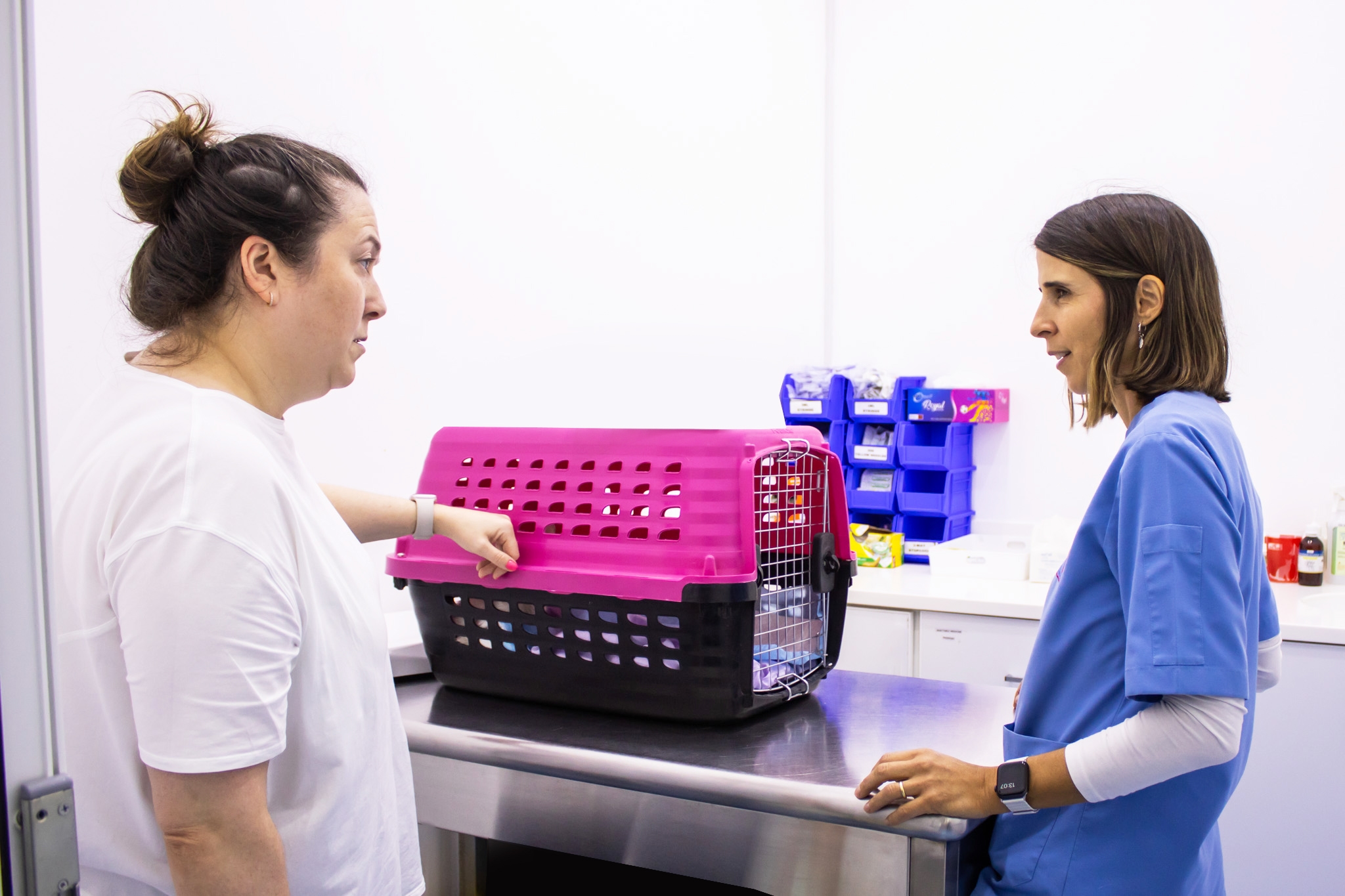
Traveling internationally with your pet? Before booking that flight, there's one essential step you can't afford to miss—your pet's Health Certificate Consultation.
Whether relocating abroad, vacationing, or sending your pet to a new home, most countries require official proof that your animal is healthy, vaccinated, and fit for travel. This isn't just about ticking boxes—it's about ensuring your pet's safety and avoiding legal or logistical issues at the airport or destination.
At Royal Vet Clinic, we specialize in guiding pet owners through this process with precision and care. Here, you'll learn what our veterinarians check during a health certificate consultation in Doha, Qatar, and how to prepare for a smooth, stress-free experience. Let's get your pet cleared for takeoff—with confidence.
Health certificates are mandatory for most international pet travel scenarios, and Doha residents often seek them for:
If you're unsure whether your destination requires it, our veterinary team will guide you through country-specific requirements.
Most countries require a veterinary health certificate as a prerequisite for pet entry. Airlines also won't allow pets on board without it. A certified vet must assess your pet's fitness for travel and ensure it is free from contagious diseases, properly vaccinated, and legally microchipped.
Failure to meet the standards can result in delays, fines, or quarantine at the destination for your pet.
Timing is key. This document is typically valid only 7 to 10 days before departure.
Timing is everything when it comes to international pet travel. That’s why we strongly recommend that you:
Planning early helps ensure a smooth, stress-free process for both you and your pet.
Before your consultation, be prepared with the following:
Booking your appointment allows us to update vaccinations or carry out any treatments needed before issuing your certificate.
Keep in mind: Some countries require special blood tests or vaccination timelines that span several months. Reaching out to your vet early—ideally 6 months before your travel date—ensures everything can be completed properly before your consultation.
Our veterinarians perform a comprehensive head-to-tail check to ensure your pet is fit for international travel. The consultation includes:
We review your pet's vaccination history to ensure compliance with your destination's laws. Key vaccines include:
If needed, we provide booster shots and update your records accordingly.
Our team ensures your pet has:
If necessary, we administer treatment on the same day to meet certification standards.
A microchip is your pet's unique identifier for international travel. During the consultation, we will:
This step is non-negotiable for travel to the EU, UK, USA, and most other countries.
Vets also assess your pet's ability to cope with travel conditions. We check for:
We typically discourage sedation, as it can complicate in-flight health. Instead, we recommend natural calming strategies when needed.
Once your pet passes all checks, we issue your official veterinary health certificate, which includes:
Make sure your travel date falls within the certificate's validity period, which is usually 7 to 10 days from the date of issue.
Avoid these common mistakes to keep your travel plans on track:
Contacting your vet too close to your departure may leave insufficient time to meet all entry requirements or schedule necessary treatments. Therefore, consult them at least 6 months prior to the travel date. Royal Vet Clinic's proactive approach ensures these issues are addressed well in advance.
Having everything ready makes your visit faster and more efficient.
When it comes to international pet travel, a Health Certificate Consultation in Doha, Qatar, isn't just a step—it's your pet's official clearance to cross borders safely and legally.
At Royal Vet Clinic, we go beyond just issuing a certificate. We offer experienced care, personalized guidance, and precise documentation tailored to your destination. From physical exams and vaccinations to microchip verification and compliance checks, we cover every detail to give you—and your pet—total peace of mind.
Don't leave things to chance. Book your consultation early, follow the preparation checklist, and set your pet on a safe, stress-free journey.Contact Royal Vet Clinic today to schedule your Doha Health Certificate Consultation. We're here to make pet travel simple, secure, and stress-free.
"*" indicates required fields